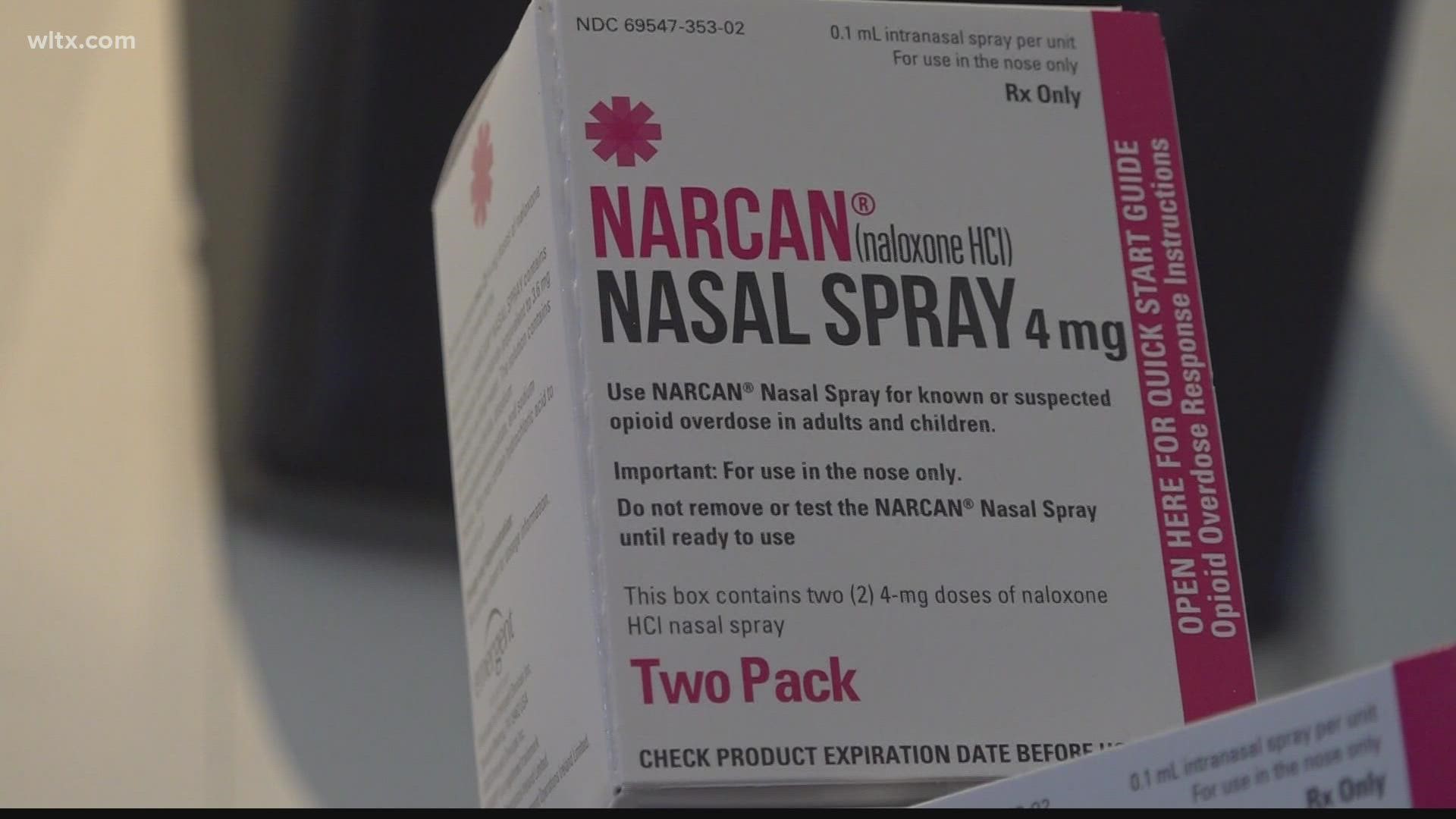COLUMBIA, S.C. —
South Carolina Attorney General Alan Wilson says he has agreed to settlements with Teva, Allergan, CVS, and Walgreens for their roles in the opioid crisis.
These companies have agreed to pay more than $17.3 billion to resolve claims nationally over the next 15 years. Assuming complete participation by all counties and eligible cities, South Carolina’s share of the funds from these settlements is $242 million, according to the Attorney General's office.
In addition to the monetary recovery, CVS and Walgreens, along with Walmart in a settlement announced last month, have agreed to monitor, report, and share data about suspicious activity related to opioid prescriptions.
Teva and Allergan have agreed to stop promoting opioids, both directly and through third-party front groups, and engaging in opioid-related lobbying activities. The companies must also turn over millions of documents produced in litigation to the public.
Under the terms of these agreements, counties and eligible cities will now have an opportunity to review the terms and sign on during the first quarter of 2023, according to Wilson.
As in previous settlements with the three major opioid distributors and with Johnson & Johnson, nearly all of the settlement funds must be used to slow the opioid crisis through education, prevention, harm reduction, treatment, and recovery services.
“The opioid crisis is the deadliest drug epidemic in U.S. history, and it was created and fueled by numerous companies,” Wilson said. “We’ve seen the lives lost and families ruined. This settlement and the changes these companies are making will mean more South Carolinians will be alive, healthy, and happy.”
With full participation by counties and eligible cities, Wilson says South Carolina will have nearly $600 million in funds for opioid abatement over the next 15 years.
The payments are structured to ensure critical support in early years as well as sustained resources over time.
CVS’s payments will be spread over 10 years; Walgreens' payments will be spread over 15 years; Teva’s payments will be spread over 13 years, and Allergan’s payments will be spread over 7 years.
If there is sufficient sign-on, Wilson says payments will begin during the second half of 2023.

